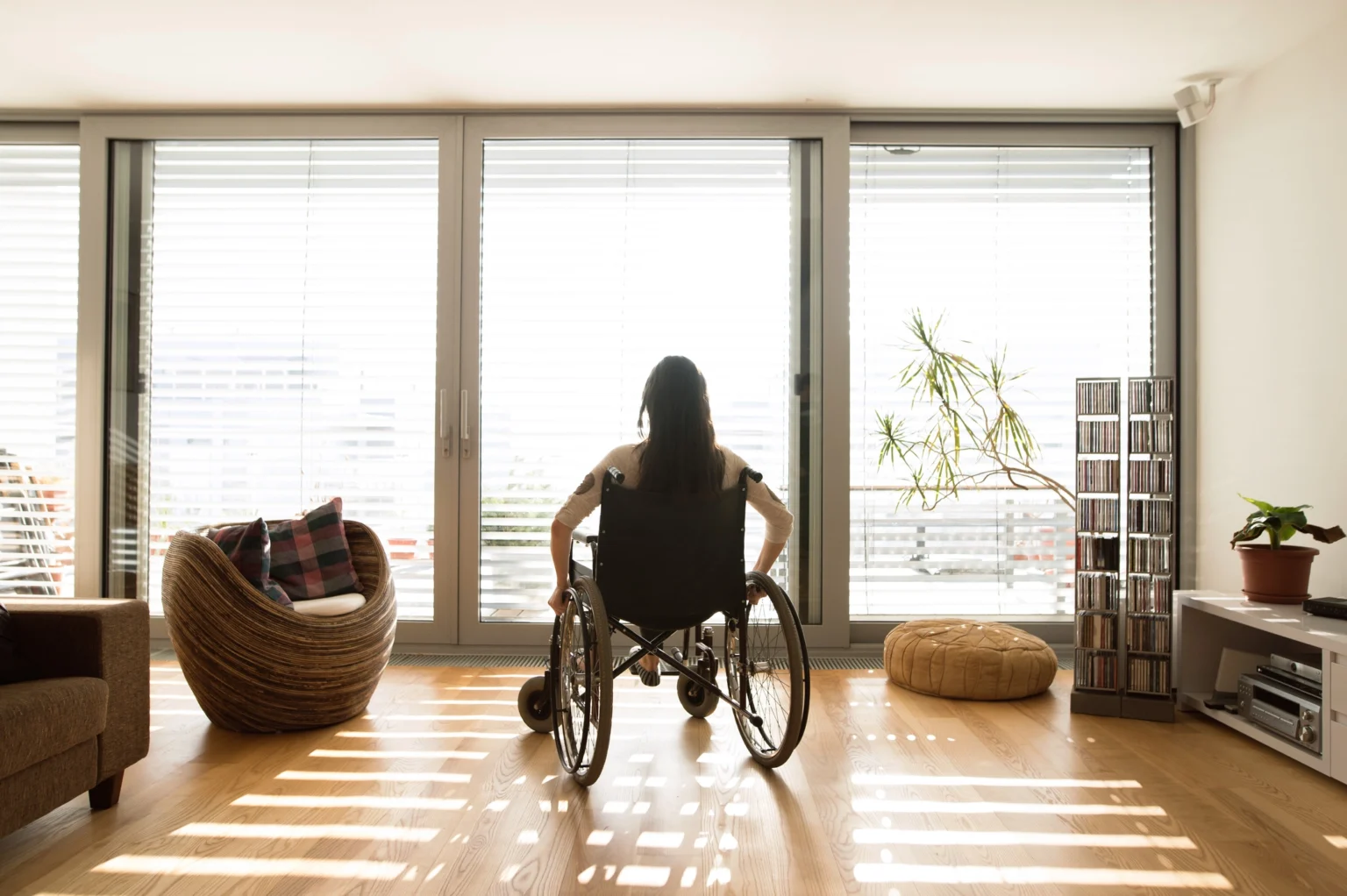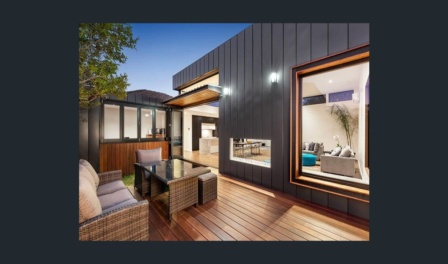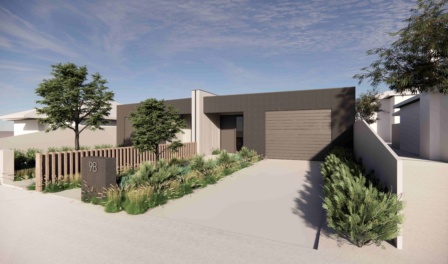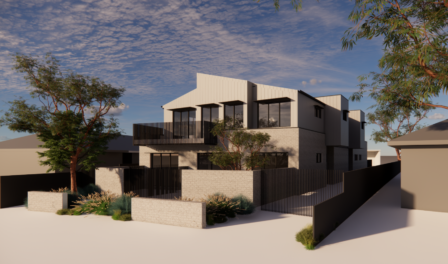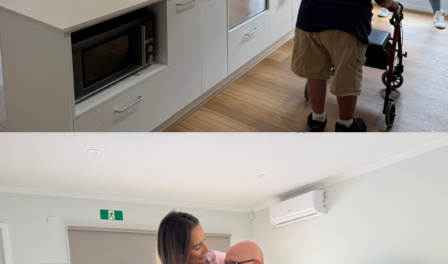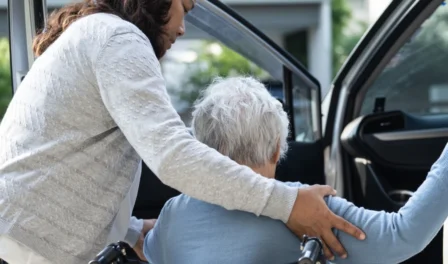What is specialist disability accommodation (SDA)?
Specialist Disability Accommodation (SDA) refers to housing designed specifically for people with significant physical or intellectual disabilities. Typically, SDA housing support is tailored to meet the needs of its residents. This could include providing features like wider doorways, specialised layouts for mobility, and reinforced walls for the attachment of medical or mobility equipment.
These supports aim to help individuals to live more independently and to participate more actively in their communities.
SDA is also a component of the support provided under the National Disability Insurance Scheme (NDIS) in Australia, intended for those with extreme functional impairment or very high support needs.

Attributes of SDA Housing
Attributes of SDA housing is partially controlled by the SDA Design Standard. This standard categorises SDA housing into four types based on the level of physical support required:
- improved liveability
- robust
- fully accessible
- high physical support
Each category tailors the housing features to the specific needs of its occupants.
These attributes ensure that SDA housing provides a safe accessible, and supportive living environment. It also promotes independence and integration into the community for people with significant disabilities.
Accessibility
SDA housing is highly accessible to accommodate residents with physical disabilities. This includes features like wide doorways, ramp access, and no-step entryways. It can also include spacious room layouts to facilitate the use of wheelchairs and other mobility aids.
Safety and security
Enhanced safety features are incorporated to protect residents who may be vulnerable due to their disabilities. These can include emergency call systems, secure windows and doors, and monitoring systems to ensure resident safety at all times.
Adaptability
SDA homes are commonly built or renovated to be adaptable to various needs and technologies. This might include reinforced walls for installing hoists, and adjustable kitchen and bathroom fixtures. It can also include special lighting for people with visual impairments.
Durability
There may be additional building inspections in specialist disability accommodations to ensure the structure is durable enough to withstand the heavy use of mobility aids and behaviour that can have a high physical impact. This ensures the longevity and safety of the structure and its fittings.
Privacy and comfort
SDA housing is designed to offer both shared and private spaces, allowing for social interactions as well as personal spaces. Comfort is also a priority, with attention to creating a home-like environment that supports the well-being of its residents.
Location and community access
SDA housing is often located in community settings that offer easy access to services such as healthcare, shopping, and social activities, helping residents to live independently and engage with the community.
Similarities and differences between specialist disability accommodation and other NDIS housing supports
While SDA and other NDIS housing supports are part of the broader aim to enhance living conditions for those with disabilities, SDA is more targeted. SDA focuses on infrastructure intended for those with more severe disabilities and support needs.
Similarities
Specialist disability accommodation shares similarities with other NDIS housing supports such as supported independent living (SIL) or short/medium-term accommodation in that:
- Both SDA and other housing supports aim to help participants live more independently and participate in the community.
- Both SDA and other housing supports are typically funded under the NDIS, meaning funding is a part of a participant’s individual plan.
Differences
Specialist disability accommodation differs from other NDIS housing supports in that:
- SDA is specifically for people with extreme functional impairment or very high support needs. This contrasts with more general NDIS housing supports, which might cater to a broader range of disability types and needs.
- SDA funding specifically covers the cost related to the physical environment. This would cover buildings and fixtures necessary for suitable living conditions. Other NDIS housing supports might cover supports like assistance with daily living, home modifications (like installing handrails or ramps in a non-SDA home), and rental assistance which are not directly linked to the building itself but to the services within and around it.
- SDA is intended to provide long-term housing solutions that participants can rely on permanently. Comparatively, other housing supports may be more flexible or temporary based on the participant’s changing needs, like medium-term accommodation (MTA) or short-term accommodation (STA).
Who is eligible for SDA housing?
Participants with extreme functional impairment
The individual must demonstrate extreme functional impairment, which requires a specialised housing solution to support daily activities and enhance safety.
Participants with high support needs
The participant may also qualify if they have very high support needs that cannot be effectively met by other housing options. This typically means that the person requires significant, regular support from carers and might benefit from a home with special designs to manage complex behaviours or health issues.
NDIS SDA with New Growth Care Group
New Growth Care Group is dedicated to normalising disability and supporting our participants to lead more meaningful and independent lives. As part of this, we assist in coordinating Specialist Disability Accommodation (SDA) for participants within the framework of the National Disability Insurance Scheme (NDIS).
Some of the ways in which we help participants with specialist disability accommodation include:
- General assessment and help with eligibility
- Plan development
- Housing options
- Application processes
- Advocacy and liaising
- Transition support
We are committed to providing holistic support to ensure our participants thrive in their specialist disability accommodation, fostering independence and community participation. To learn more about how we can help, or to learn more about SDA, please feel free to contact our friendly, approachable team. We look forward to hearing from you.

